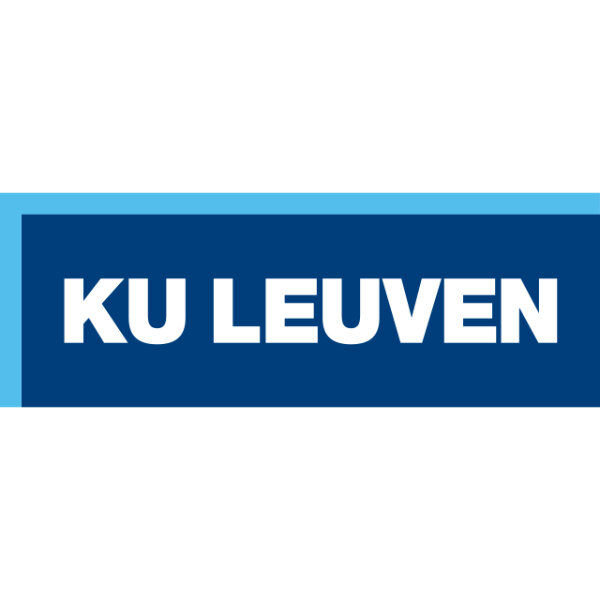
Innovative Training Network - MARKETS
Mapping Uncertainties, Challenges and Future Opportunities of Emerging Markets
During the last ten years, diplomatic and economic relations between the EU and several former Soviet republics such as Azerbaijan, Kazakhstan and Uzbekistan have improved. Visa liberalisation and economic fiscal reforms paved the way for foreign investments. However, foreign investments didn’t meet initial expectations, in large part due to informal barriers that remain under-reported and under-studied. The EU-funded MARKETS project will study the influence of both formal and informal factors that impact foreign investment in the former Soviet republics. The project will study two countries per subregion, mainly the Baltic states, Eastern Europe, Caucasus and Central Asia. It will construct a map of business environments in the region under study and develop and improve sustainable training programmes for future analysts, providing them with an essential practical understanding of the region.
Informal Barriers, Business Environments and Future Trends in Eastern Europe, The Caucasus and Central Asia
Associate Partners
Our Team
“If System D were an independent nation, united in a single political structure—call it the United Street Sellers Republic (USSR) or, perhaps, Bazaaristan—it would be an economic superpower, the second-largest economy in the world”
— ‘Stealth of Nations’, Robert Neuwirth












